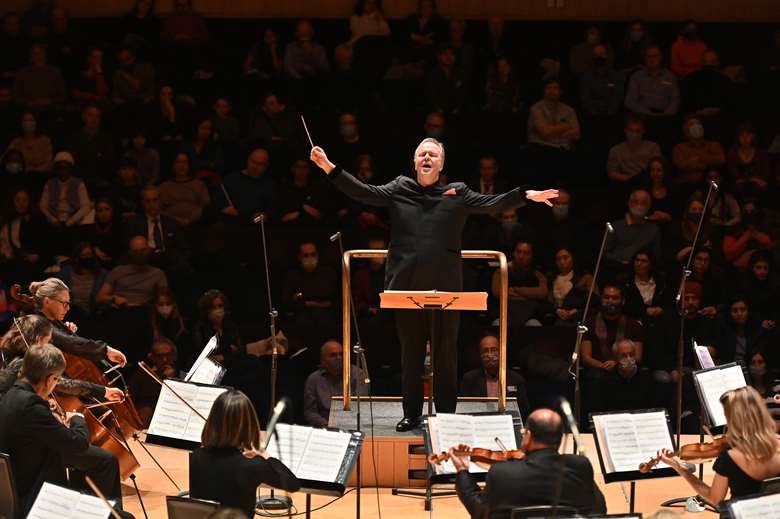ABO and ISM express concern about BBC cuts
Florence Lockheart
Thursday, March 9, 2023
The organisations respond to the broadcaster’s plan to introduce cuts including the disbandment of BBC Singers and reducing staff in its English orchestras


Register now to continue reading
Don’t miss out on our dedicated coverage of the classical music world. Register today to enjoy the following benefits:
- Unlimited access to news pages
- Free weekly email newsletter
- Free access to two subscriber-only articles per month



